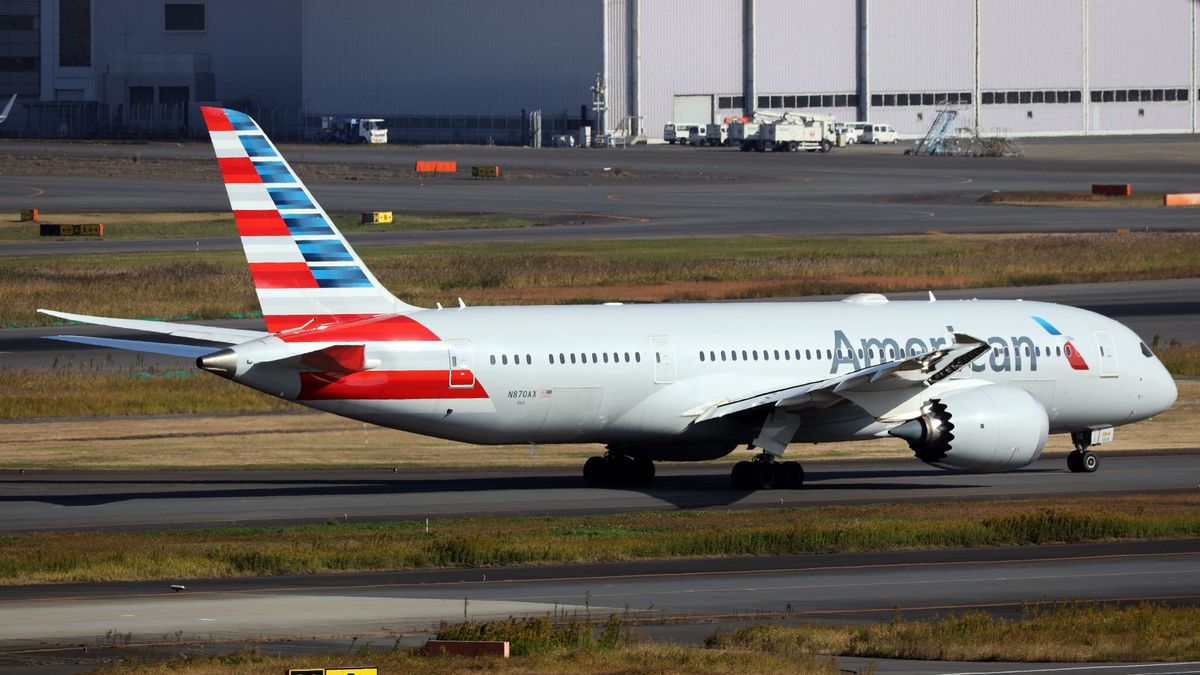DALLAS — ASTA credits its members’ advocacy efforts in helping to turn American Airlines toward a more travel agent-friendly distribution strategy.
American CEO Robert Isom said Wednesday during an investor conference that the carrier made mistakes in implementing its New Distribution Capability (NDC) policies, including removing fares from legacy systems to pressure agencies to use new NDC systems to book. ASTA has said the NDC technology is deficient and has lobbied for the return of fares to legacy systems since American implemented its NDC strategy in April 2023.
ASTA CEO Zane Kerby said ASTA is open to working with American to craft a strategy with travel agencies in mind “as long as there are not arbitrary and unreachable goals associated with implementation.”
ASTA leadership convened at a press conference Wednesday just hours after Isom announced American was changing course. The press conference took place at the Hilton Anatole in Dallas during the ASTA Travel Advisor Conference.
In addition to fare removal from the legacy systems that agencies prefer, American was going to require agencies to meet NDC targets for their bookings to be eligible for AAdvantage points accrual.
Isom, speaking at the Bernstein Strategic Decisions Conference, said revenue softness — particularly for close-in domestic bookings — was likely due to its NDC strategy.
“To address this we are evaluating our strategy holistically and piece by piece,” Isom said. “We’ve spent a lot of time listening to our agencies and our corporate customers, and we are hearing their feedback.”
It was welcome news to ASTA officials, who have very publicly been pushing back against American.
“We are grateful for the changes that have taken place,” said Erika Richter, ASTA’s vice president of communications. “I think it is a testament to the hard work of our advocacy efforts and the resources that the board allocated for this effort.”
A campaign against American was likely ASTA’s largest to date in terms of engagement, Richter said, with “thousands” of advisors and clients writing to lawmakers urging change.
ASTA targeted certain districts of influential members of Congress with op-ed pieces, including one penned by Kerby in the Boston Herald.
Mark Meader, senior vice president of industry affairs and education, said ASTA did engage with the carrier in the early days of its strategy shift a little over a year ago. Representatives from American attended several meetings with ASTA staff and Corporate Advisory Committee members.
Kerby said he also had conversations with American senior vice president of partnership strategy Scott Lawrence and chief commercial officer Vasu Raja after the AAdvantage announcement, but “we agreed to disagree.”
American announced Tuesday that Raja, who led the airline’s NDC strategy, is leaving the company.
But other than those initial meetings and Kerby’s calls, direct communication with American had ceased, Meader said.
In the meantime, ASTA kept busy, filing complaints with the Department of Transportation and the Federal Trade Commission, all while engaging in its grassroots campaign with members. ASTA also did two ad buys with Politico to reach lawmakers and staffers in Washington. Richter said the ads caused a “buzz.”
“It was a multitiered approach and we kind of took it from all angles,” Richter said. “I’m really proud of our efforts. And I just want to reiterate that this is what we do as a trade association, and this is why it is so important that all travel advisors are members of ASTA. Anyone who issues airline tickets whose business might be saved because of this update, I would hope they would join ASTA if not already a member.”












